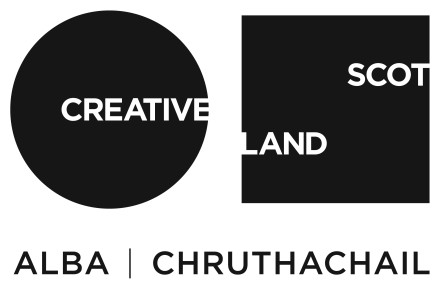Working with teens in London’s Southbank University Academy who are regularly exposed to illegal levels of air pollution, and members of Hermitage Academy’s Eco Committee in Helensburgh, Argyll and Bute, artist collective East London Cable are co-producing a new film that explores climate justice and the uneven impacts of ‘net-zero’ climate policies.
Shot in the style of a TV-show in school classrooms and community art centres, Net-Zero Youth Voice reflects on some of the ideas in Soren Hansen and Jesper Jensen’s the little red schoolbook (published 1969; re-published 2014), which encourages children to question authority and take an active role in ‘improving things.’
Young people drive this project, developing the content of the TV show with East London Cable and filming aspects of it using a portable camera kit. Reflecting on Imperial College London’s climate policy proposals, they interview activists about the health burden of air pollution, and record parents’ opinions on policies such as the switch to electric vehicles. Looking to their futures, and their dependencies on adult decision-makers, young people investigate what solidarity around achieving climate targets between young and older people might look like.
Opening an intergenerational dialogue between rural and urban contexts, Net-Zero Youth Voice maps young people’s hopes and concerns for a net-zero future.
Net-Zero Youth Voice is a new artist film by Louis Brown for East London Cable, made with assistance from artist Felix Melia, in residence at Cove Park from 25-31 April 2022. Please read on for the artist’s biographies, and the biography of project curator and producer, Jessie Krish.
It is commissioned by Imperial College London, generously supported by The Andrew Wainwright Reform Trust and developed in partnership with Cove Park. In Scotland, workshops with the project participants will be held at The Mack Club, Helensburgh, and at Cove Park.
Louis Brown is an artist filmmaker working independently & as a member of the collective East London Cable. Their work is primarily concerned with the politics of representation, using television and televisual formats to explore this further. His practice often focuses on collaboration; specifically, working with performance artists to produce and develop work that deals not only with “the live, in situ” performance, but how documentation can operate as an active element beyond evidence of work through choices in presentation.
Combining moving image, writing, installation and performance Felix Melia’s work addresses notions of public and private space, intimacy and agency. It is an exploration of the ways we perceive, move through and dwell in our environments. Melia is particularly interested in the physical gestures and expressions we make in order to become visible and develop selfhood within regulated, exclusionary spaces. His work draws in tandem on the codes of storytelling as a way of unpacking and interpreting the languages we use to express ourselves and relate to one another.
Jessie Krish is an independent curator and producer based in London. She has commissioned Net-Zero Youth Voice for Imperial College London’s School of Public Health, working in partnership with Cove Park artist residency centre. Her cross-disciplinary curatorial work is informed by her background at Science Gallery London where she worked with artists and academic researchers (2016-2020). Alongside her curatorial practice, Jessie is a Junior Fellow in the Department of Art at Goldsmiths, University of London, and Gallery Manager at Cell Project Space.
Image: Still taken from Net-Zero Youth Voice workshops at Southbank University Academy, South London, led by Louis Brown for East London Cable, February 2022
